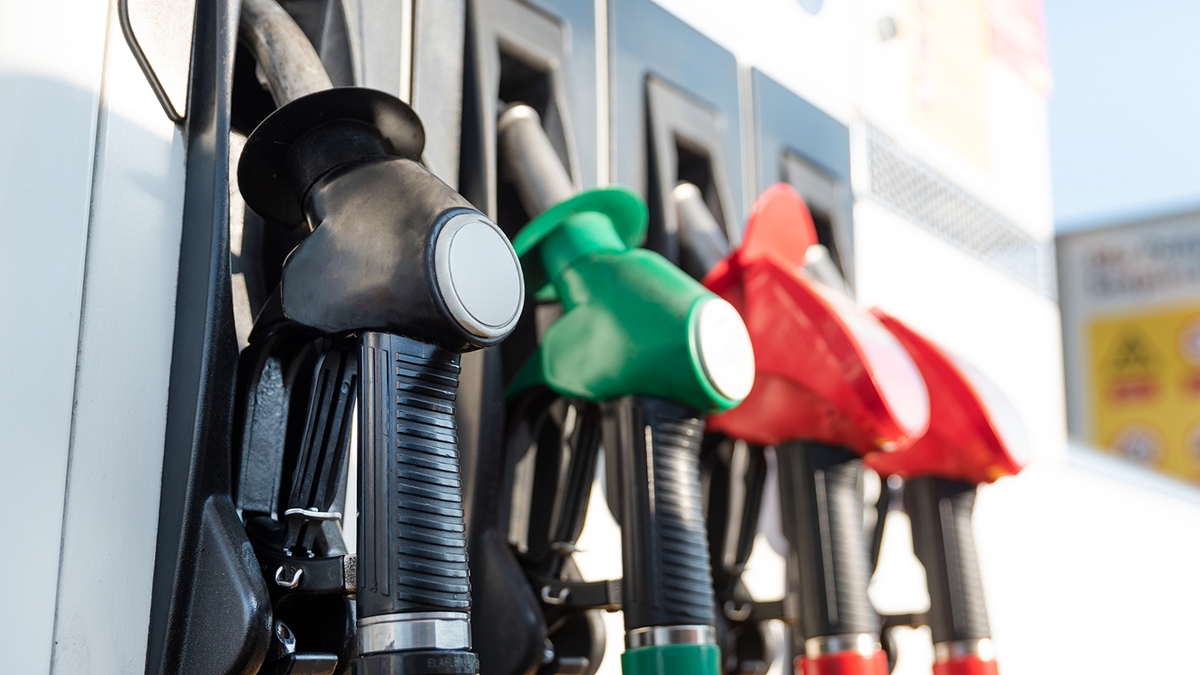Ireland raises Ethanol in Petrol from E5 to E10

Ethanol has been increased from 5% (E5) to 10% (E10) in Irelands Petrol supply and what that means for you the consumer.

I was packing a few online orders last week and it dawned on me that there hasn’t been a day in the past month where I haven’t put a small bottle of Ethanol additive into one of our bubble bags and shipped it to some corner throughout the country. This made me think two things, why is there such a demand for Ethanol fuel treatment and why don’t I know feck all about this Ethanol fuel treatment that I’m pedaling. This sent me down a very deep rabbit hole researching Ethanol, its benefits and its drawbacks in our Petrol supply. So here’s what I’ve learned and maybe I can shed some light on its impact on our cars, lawnmowers or anything petrol powered really.
What is Ethanol:
Ethanol is a renewable fuel. It is a clear colourless liquid that is made by distilling crops such as corn or sugarcane. Its also known as ethyl alcohol. It is highly flammable and is also found in Alcoholic drinks. Ethanol is used in our fuel by mixing it through our Petrol supply. Up until July 2023 the Irish Petrol supply has 5% Ethanol mixed through the Petrol that we get at the pumps, hence the letter E5 that you may or may not have noticed on the pump when filling up. After July 2023 the amount of Ethanol in our Petrol supply will increase from 5% to 10% or E5 to E10.
Why is Ethanol mixed with Petrol:
Ethanol is mixed with petrol worldwide for multiple reasons. Because its made from crops Ethanol is highly renewable compared to Petrol. The use of Ethanol in our Petrol is primarily an environmental decision. Using a renewable source such as Ethanol and mixing it in with a fossil fuel like Petrol does make sense considering the environmental impact of using a crop that absorbs carbon dioxide within the atmosphere while its growing is thought to offset the carbon dioxide that is emitted from your petrol vehicle.
Ethanol also burns cleaner than petrol alone due to it being oxygenated. Ethanol molecules contain oxygen and allows it to burn better and at lower temperatures than Petrol alone meaning less harmful emissions are emitted out of the exhaust into the atmosphere. It has to be mentioned that there is an argument that the use of large areas of land and the use of diesel engines to cultivated the crops should be considered when looking at the environmental impact of Ethanol use. It has been said that a blend containing 10% ethanol and 90% Petrol (E10) can reduce carbon monoxide emissions from older vehicles by as much as 25%.
What effects will E10 Petrol have:
As we have experienced in the past, a lot of emission related influences on modern combustion engines can have a negative effect, the words DPF and EGR spring to mind but that’s a whole other article I’m afraid! Anyway Ethanol can cause problems on Petrol engines. The most pressing problem with Ethanol is that its alcohol based. The alcohol basis of Ethanol is known to dry out rubber components in fuel systems, such as rubber fuel hose, diaphragms, floats and seals.
Ethanol is also hydroscopic, meaning that it attracts water. This causes corrosion in metal parts within your engine. There is many problems associated with water in fuel tanks which causes corrosion. There have been countless problems with garden machinery in recent years, so much so that companies such as Aspen and Husqvarna have released there own Petrol fuel that is designed to eliminate these problems as some are completely Ethanol free. A tip a timber man gave me once was to leave your chainsaw run until it runs out of Petrol before a period of non use as it would save all petrol pipes and give my carburetor a longer life. I now realise this was due to the E5 Petrol that’s used in garden machinery today. Now that E10 is being introduced this problem will likely get worse in future.
Ethanol in modern Petrol cars:
As far as E10 Petrol in modern cars its unlikely to have as bad effects on the engine and fuel lines as it has on smaller garden machinery. This is due to the use of E10 resistant rubber fuel lines and modern throttles and fuel delivery systems in newer cars that use far less rubber parts. All models of Petrol car from 2011 are compatible with E10 Petrol, older cars such as pre 2010 models are may encounter issues with the new E10 fuel as they commonly use Carburetor fuel delivery systems and have more rubber components.
To check if your car is compatible with the new E10 petrol our neighbours across the pond have a helpful E10 checker available here: https://www.gov.uk/check-vehicle-e10-petrol
If you think that you will need a solution to the increased Ethanol in Petrol check out our Lucas Safeguard Ethanol Fuel Treatment
So to summarise, there are many benefits and drawbacks associated with the use of Ethanol in our Petrol supply. Time will tell if it will have any real impact on our cars, but one thing is for sure that the increase of Ethanol by 5% will likely have a very nasty effect on smaller garden machinery going forward and any small engine mechanic will either be cursing Eamon Ryan for the potential hardship or be shaking his hand for the increase in business in future!

